China will consider ramping up support for more families whose only child died, ranging from providing special elderly care and medical services to facilitating their access to assisted reproductive tools and child adoption, the news outlet ThePaper.cn reported on Monday.
A group of families who had lost their only child but had another child later recently submitted a letter to the National Health Commission and met with health officials in Beijing to seek support.
"We have decided to have a baby again in our 40s, 50s or at an even older age to make up for past regrets (of losing a child) and to have more companionship and familial love in our senior years," the letter said.
The letter called on authorities to include families like them in assistance programs and roll out targeted, favorable policies regarding elderly care — for seniors who had children later in life who are not yet old enough to care for them — medical services and household registration, as well as nursery care and education for their second children.
China rolled out an exclusive assistance program for families whose only child had died or has disabilities in 2007. But the program excludes those who have had another biological child or adopted one.
The letter also called for measures to help families who want to have another child after losing their first one to realize their dream.
In its reply to the letter, the commission said it will work with relevant departments to further research the possibility of rolling out a range of policies to support families who have had another child.
The commission also noted that eight provincial-level regions have already made some assisted reproductive therapies and medications reimbursable.
"We will continue to advance support in assisted fertility and child adoption for families who have lost an only child," it added.
However, the commission also reiterated that families who have lost an only child but have another later are not eligible for subsidies from the assistance program.
China began implementing a family planning policy that allowed most families to have only one child in 1979.
The policy has been gradually adjusted over the years, and most couples can now have up to three children.
The plight of families who have lost a single child has been drawing attention from the public and national legislators in recent years.
A study led by researchers from Capital Normal University and the Chinese Academy of Social Sciences estimated that there are nearly 2.9 million women age 50 or older who have had children who died.
The study was published in Population and Economics, a Chinese-language journal, in April.
"With declining fertility levels and delays in childbearing age …the number of mothers whose only child has died will remain stable," it said.
To cope with the issue, the study suggested encouraging births by boosting nursery care services and other measures aimed at reducing childbearing costs.
It also suggested upgrading support for families who have lost an only child, such as offering psychological consultations and formulating elderly care insurance policies.
Wang Yan, a deputy to the National People's Congress and president of Xiamen Cardiovascular Hospital affiliated to Xiamen University, said that families who have had another child after bereavement are often confronted with a series of challenges, such as financial pressure, health problems and a significant age gap with their children.
He said in March that several regions in the provinces of Fujian, Zhejiang and Guizhou have started offering subsidies for such families.
He suggested stepping up care for them, streamlining adoption policies for parents who have lost an only child and bolstering mental health services.














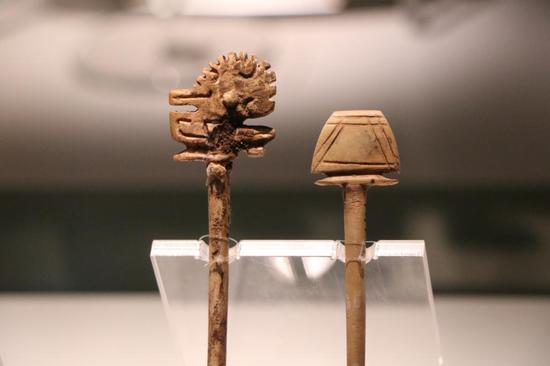
















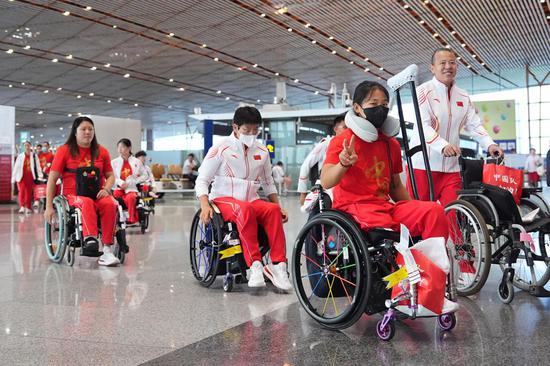





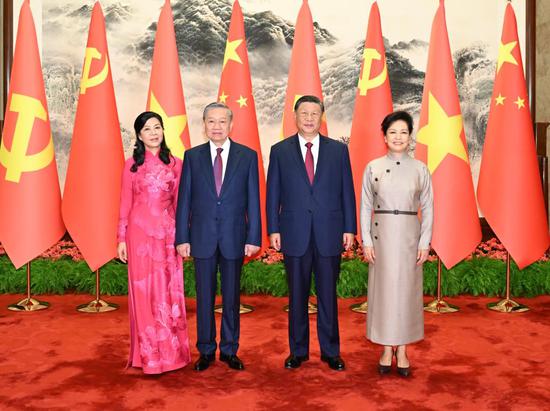
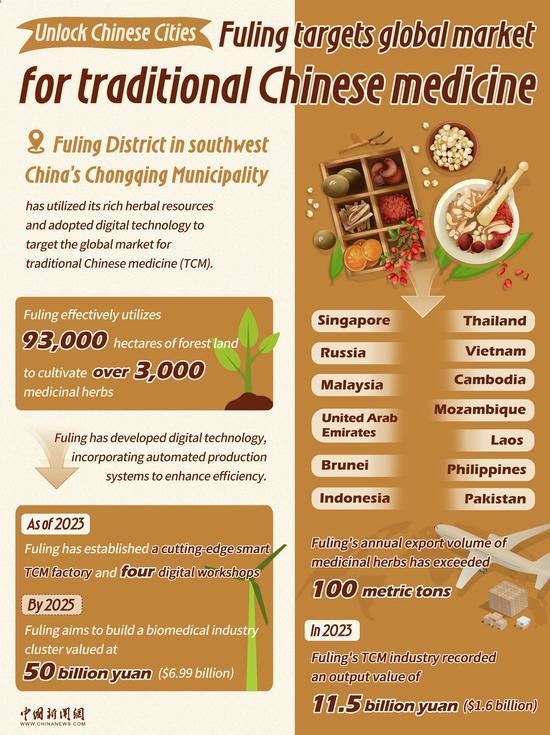
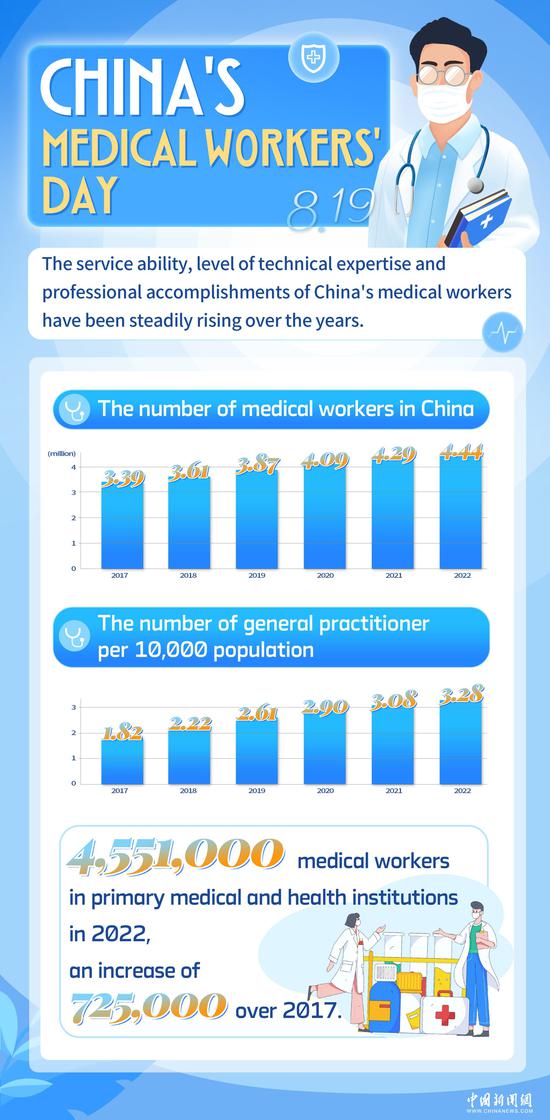






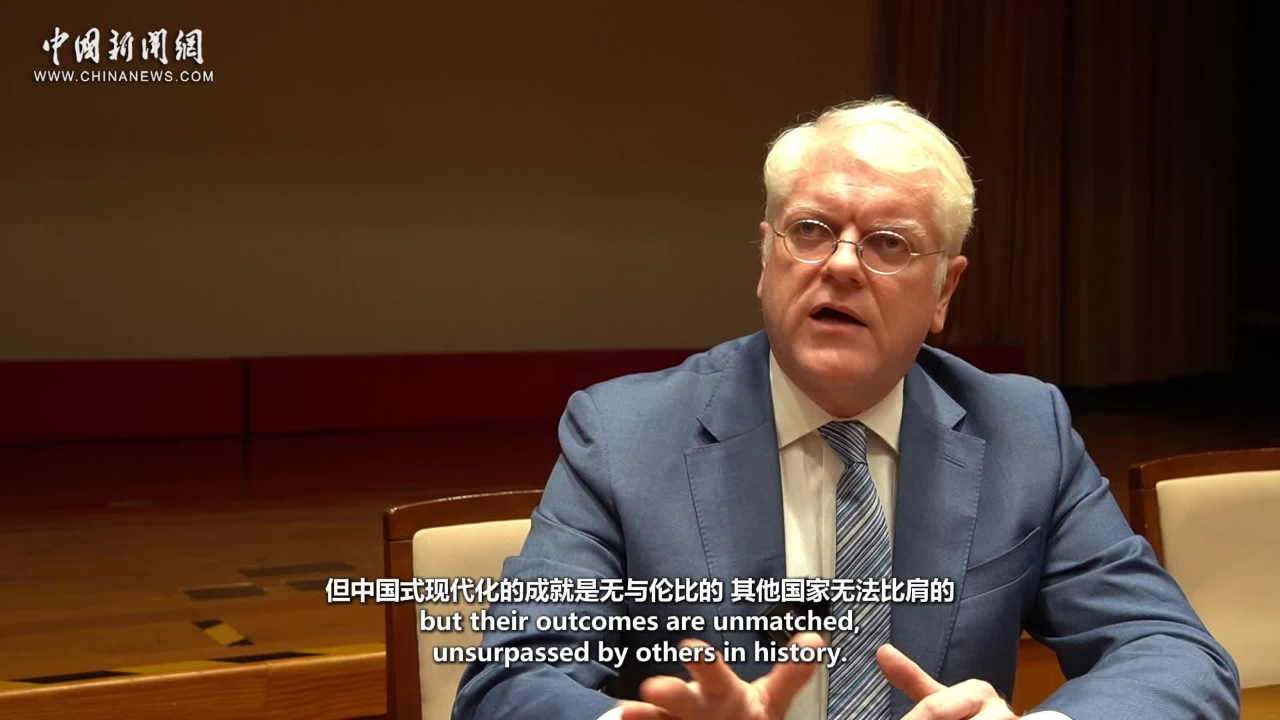



 京公网安备 11010202009201号
京公网安备 11010202009201号